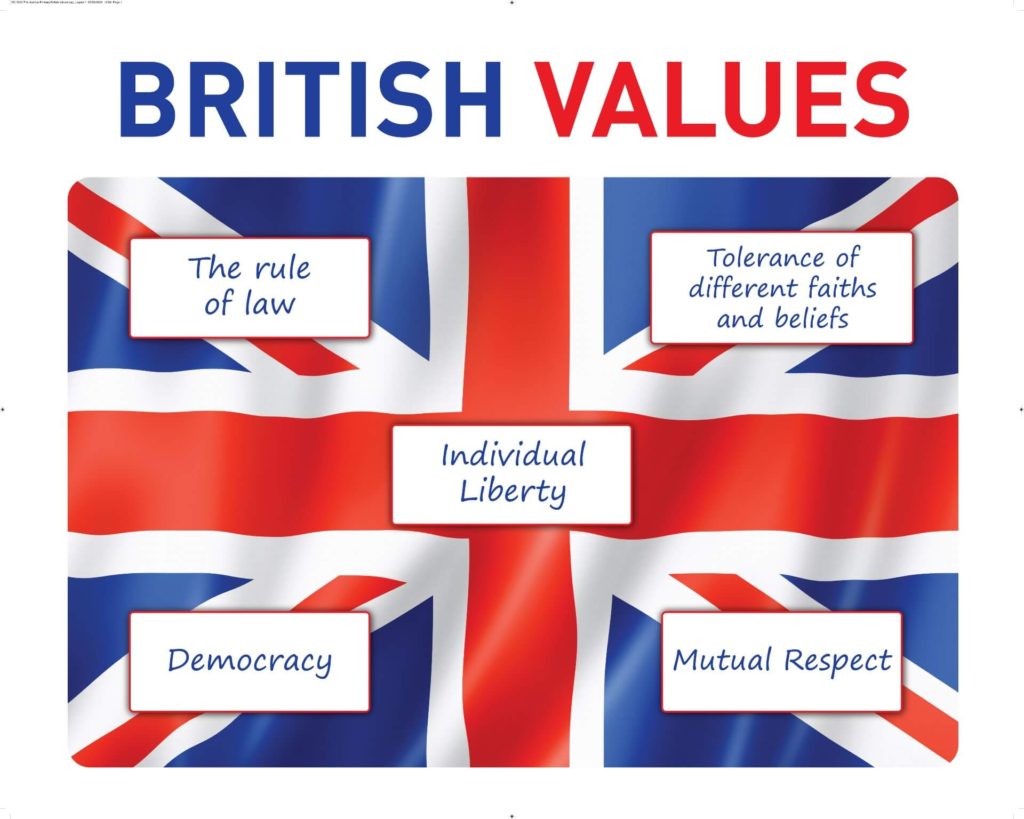Curriculum at Bredenbury School
Whilst our curriculum is based on the National Curriculum, it is designed to meet the needs of our pupils in a small rural school. Our pupils are offered a very wide range of experiences to extend their understanding of themselves and the world in which they live. Skills, attitudes and values are developed to prepare the children for the next stage of learning (Key Stage 1 to 2, and to be ‘secondary ready’), and enable them to be successful in the community. We believe that effective learning takes place when there is considerable emphasis on active involvement, opportunities to talk both imaginatively, expressively and to explain and clarify thinking.
Bredenbury Primary School strives to be a fully inclusive environment where children grow, learn and achieve together. We value each child as an individual with a unique potential for learning. Their natural curiosity is fostered through a creative, ambitious curriculum where children are at the centre of their learning, driven by their needs. It is a curriculum that excites and challenges and enables all to be responsible, resilient, successful learners. Our curriculum nurtures and prepares children educationally, socially, physically and morally for their continuing learning journey. Supported by a culture of equality and aspiration we aim to remove barriers to learning so that every child believes in themselves and can thrive. Through the curriculum children develop an understanding of citizenship and are empowered to make valuable contributions locally and globally.
Building on the good foundations laid in the homes of our children, we work in partnership with parents so that pupils leave our school as happy, confident, resilient and responsible young people with a highly developed sense of duty.
Our curriculum has a positive impact on everyone involved – pupils, staff and the wider community. Everyone is planning and working together and there’s a great sense of sharing and empathy, a real community spirit.
Our curriculum is the means by which we achieve our objectives of educating children in the knowledge, skills and understanding that they need in order to lead fulfilling lives. Our school curriculum is underpinned by our principle value of providing high quality educational experiences that are focused on continued improvement in whole school standards and the development of independent and responsible learner.
For further information, please see class pages.
Please don't hesitate to contact us at admin@bredenbury.hereford.sch.uk if you would like more information about our curriculum.
Long Term Curriculum Map
British Values
At Bredenbury Primary School, we actively promote the fundamental British Values of democracy, the rule of law, individual liberty, mutual respect and tolerance (understanding) of those with different faiths and beliefs.
Democracy
Children are involved in these democratic processes:
- Whole school meetings to involve the children in decision-making, planning school activities and helping to improve our school.
- Debates.
- Talk partners are used to ensure that all pupils are encouraged to express their views.
- They are taught how perceived injustice can be peacefully challenged – e.g., by writing letters to MPs to express their views.
The Rule of Law
- Pupils devise their own class rules and understand the need for rules.
- The school rules are reviewed with the children at the beginning of each academic year
- The rules are known and understood and the expectations are well-defined and fair.
- We have a clearly structured, positive behaviour policy.
- Pupils are taught to distinguish right from wrong and encouraged to make ‘good choices.’
- We teach our children to respect British laws which are made to protect individuals and we compare these to religious laws.
Individual Liberty
- We support our children to develop their self-knowledge, self-esteem and self-confidence.
- We encourage our children to take responsibility for their behaviour, as well as knowing their rights as children and individuals.
- We show pupils how they can contribute positively to the lives of others.
- We ensure that activities and resources used in our school are inclusive.
- Pupils can choose to take on monitor responsibilities within the school and their own classrooms e.g., milk monitor, librarian etc.
- Our children are given equal opportunities and the freedom to make their own choices from the variety of clubs we provide.
Mutual Respect and understanding of those with different faiths and beliefs
- We build strong relationships with pupils, their families and the community.
- We teach and model respect for other people within our school and the wider world.
- We show respect for our school, our own and other people’s belongings.
- Our assemblies follow a ‘values’ programme which runs alongside our PSHE syllabus and teaches a deeper understanding of kindness towards others.
- We ensure that children take turns, share resources and work together cooperatively in pairs, small groups and groups with children across all of the year groups.
- We ensure that the resources we use reflect the cultural diversity of Britain.
- We celebrate British festivals and special events e.g., Christmas, Remembrance Day, Children in Need, Royal Weddings, World Book Day etc…
- We also celebrate special occasions from different faiths and cultures and invite people from different faiths to talk to us in our lessons and assemblies E.g., Holi/ Chinese New Year/ Diwali.
- We invite speakers from the community, charities, public services and organisations into school to widen pupils’ understanding of the world.
- We challenge prejudicial or discriminatory behaviour.
- We develop critical personal thinking skills in all subjects.
- Through discussion, we help our pupils to develop an understanding and respect for their own way of life and the opinions, values and beliefs of others (especially in PSHE and RE).
- We teach RSE to ensure that all differences are respected and valued and to help children understand what healthy relationships look like.
- We encourage respect for the public services and institutions of Britain including the monarchy.
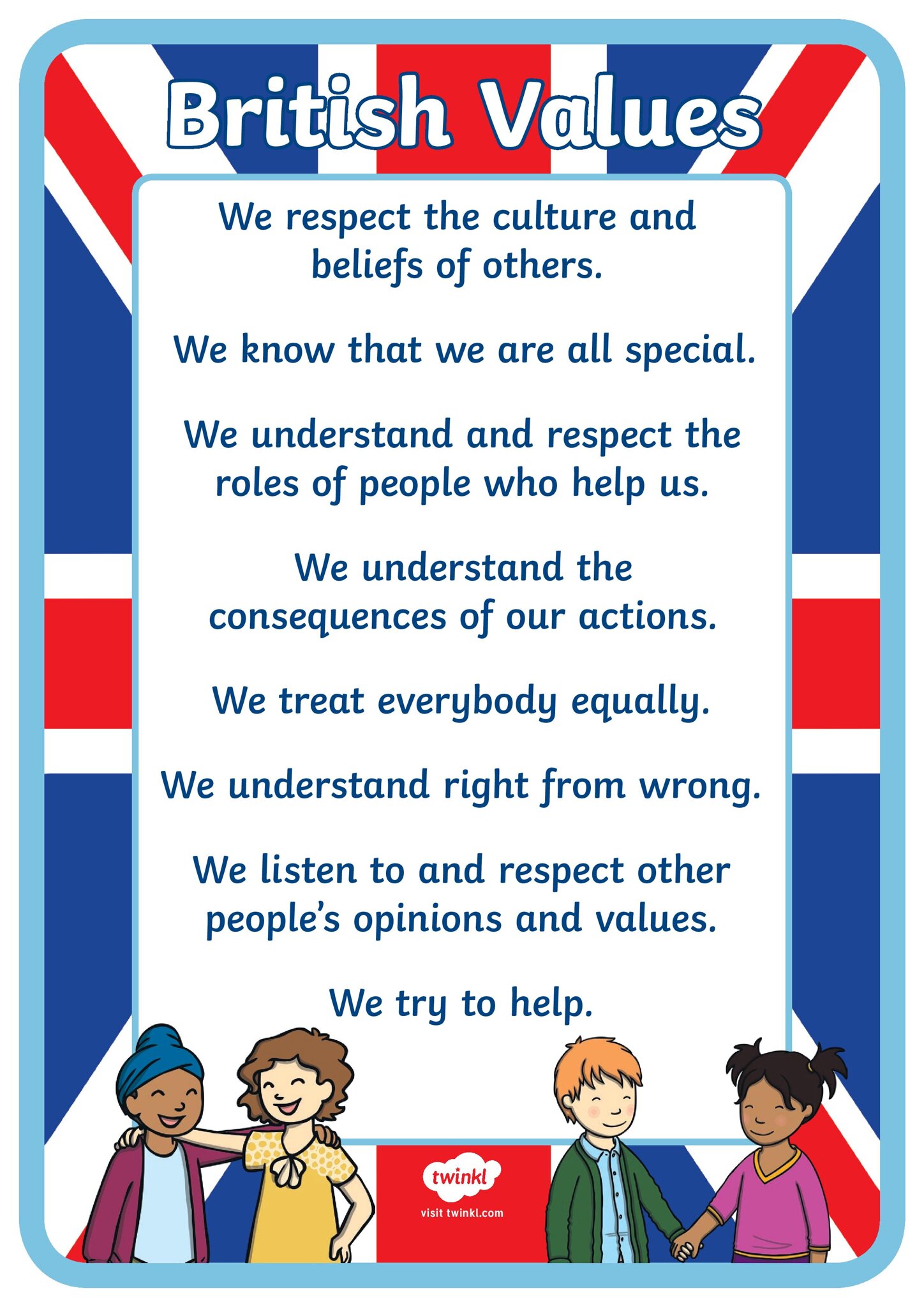
Learning to read: supporting your child at home
Learning to read is one of the most important skills that your child will develop over the next few years. The more support and encouragement that you can offer your child, the more likely that he or she will progress with enthusiasm and ease.
We are using the Read Write Inc. teaching programme, which is a step-by-step phonics programme to introduce children to the letters and sounds (the alphabetic code) that are the foundation of all reading and writing.
To reinforce the teaching in school, your child may bring home some books to share with you.
Should you wish to buy any extra books or resources to support your child, you can search for Read Write Inc. flashcards and resources.


If you would like to contact Mrs Smith, our Thrive practitioner, please email ssmith@st-peters.hereford.sch.uk
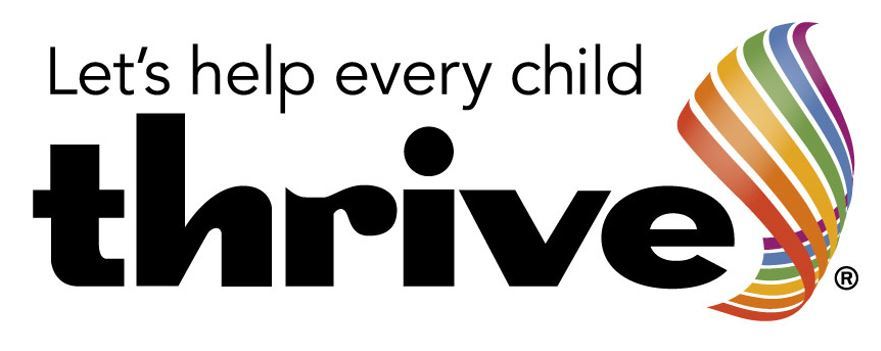

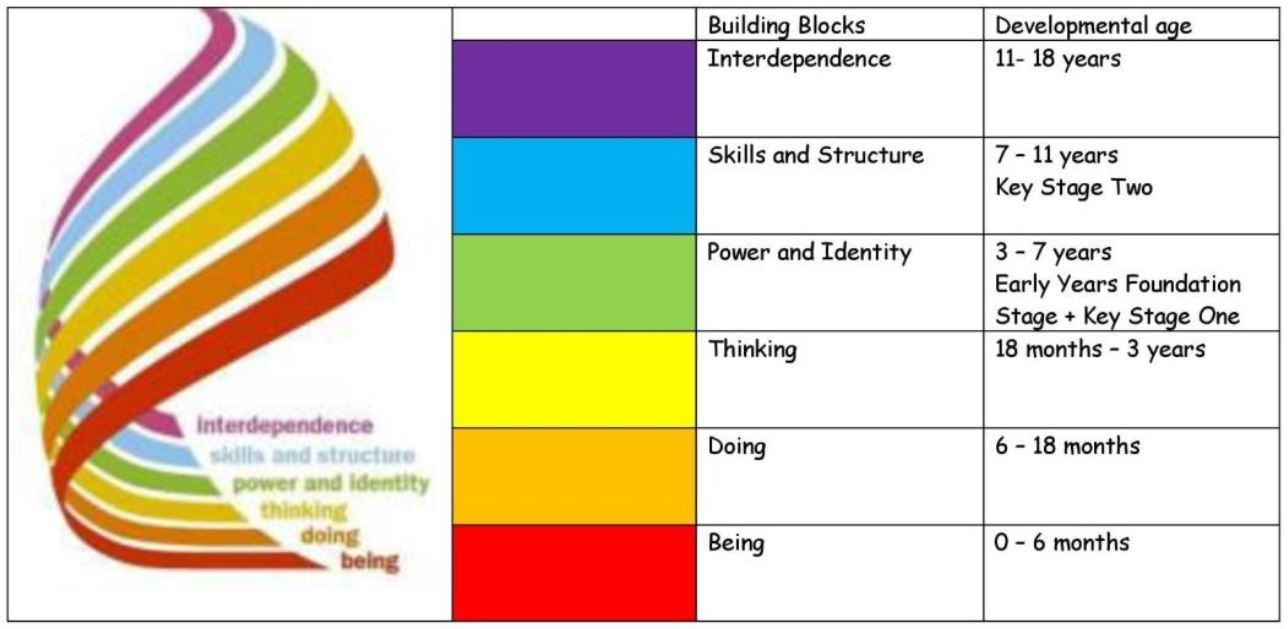
.jpg)
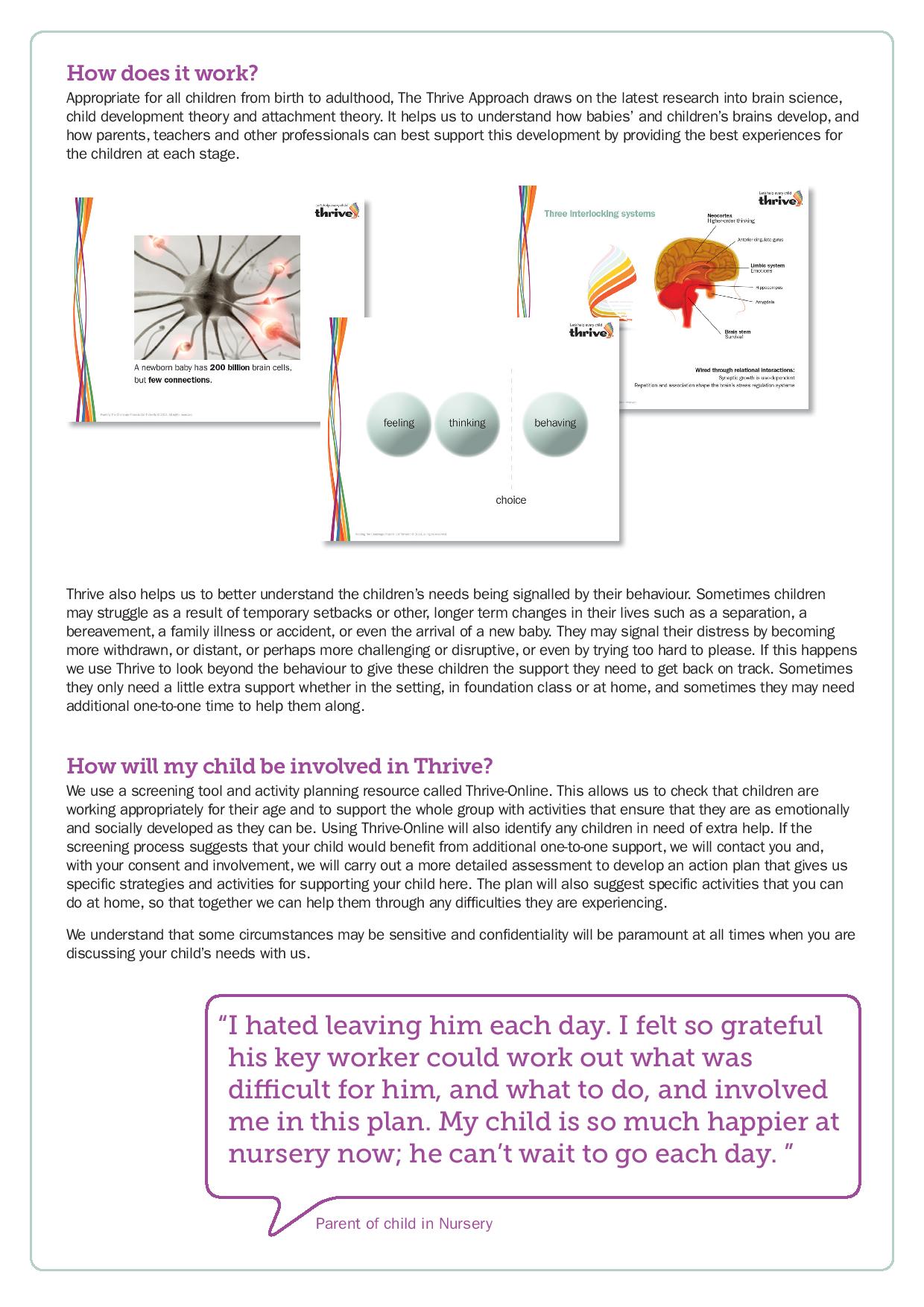
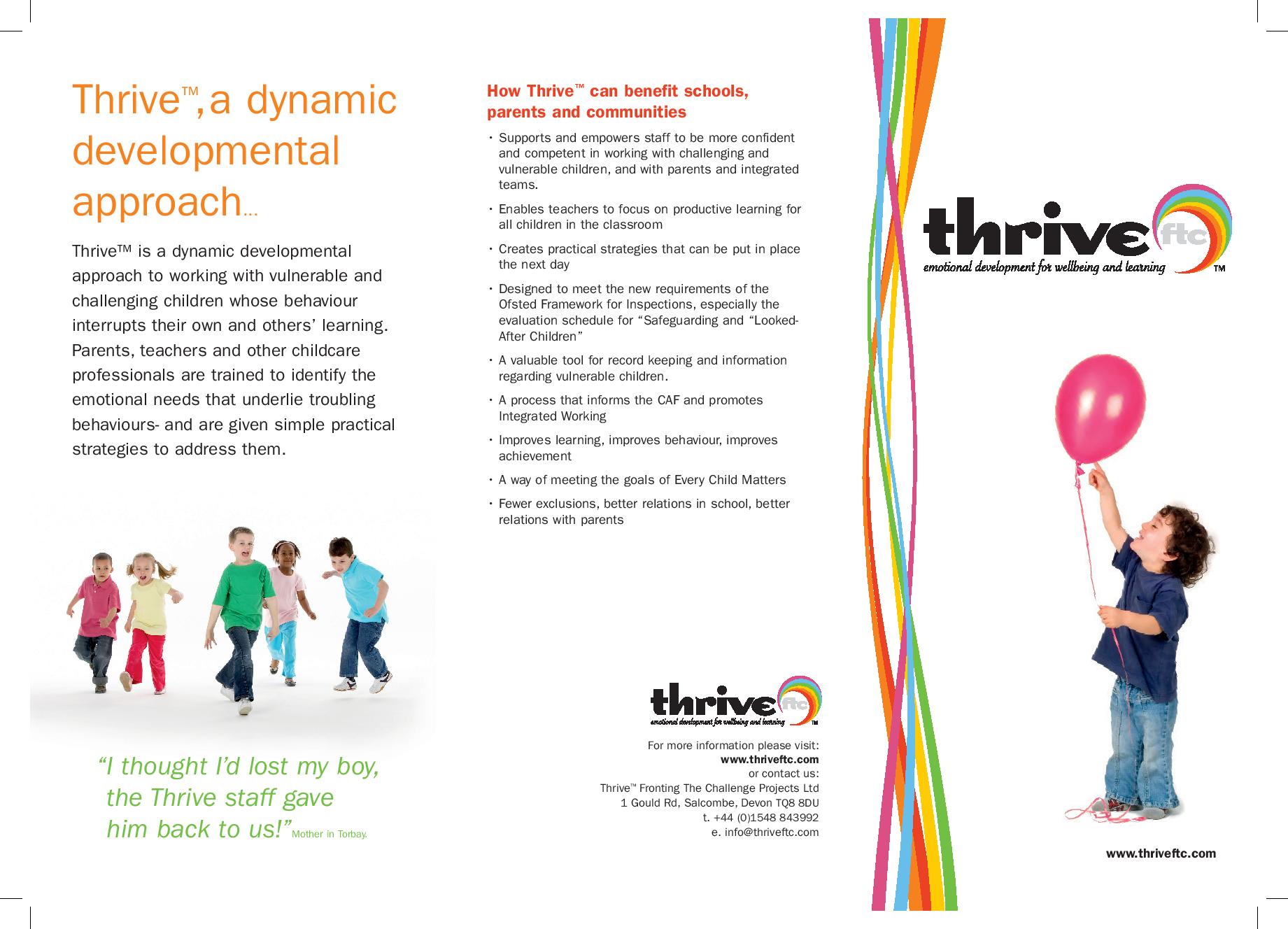
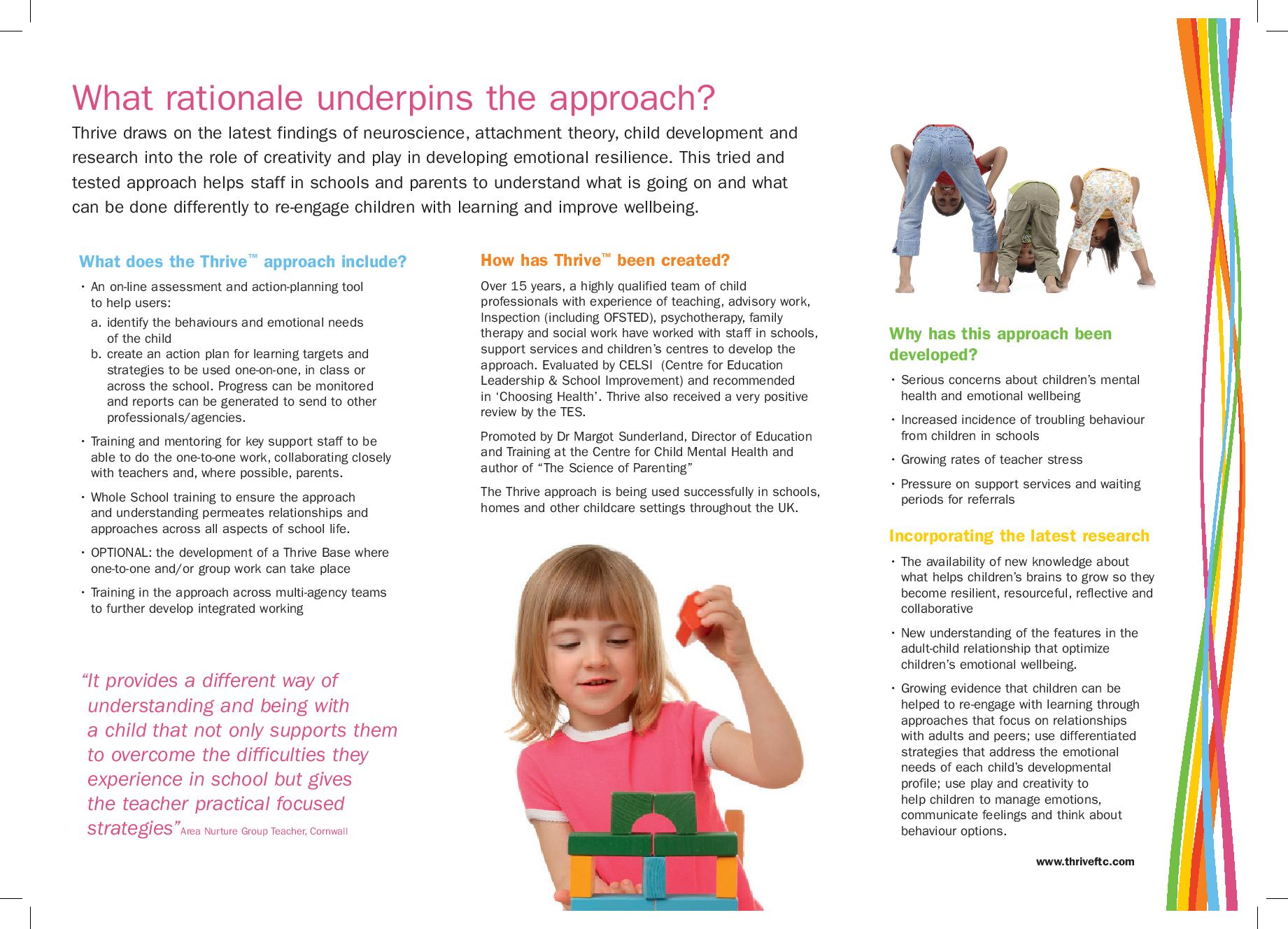
Values Based Education
At Bredenbury Primary school we treat each other with mutual respect and work in a climate where openness and inclusion lay the foundations for our values to be built upon.
A values-based school seeks to promote an educational philosophy based on valuing self, others and the environment through, the consideration of an ethical values vocabulary (principles that guide behaviour), as the basis of good educational practice. It encourages adults to model values and to give time for reflective practices that empowers individuals to be effective learners and good citizens.
It helps pupils to develop holistically, nurturing a secure sense of self, respect for self and others and supports the raising of academic standards.
Values Education underpins all aspects of our school life and gives staff and pupils the opportunity to discuss and reflect on the values in life that they believe in.
Each month, across school, every class strives to develop one of our values.

Values rolling programme
Mental Health and Wellbeing
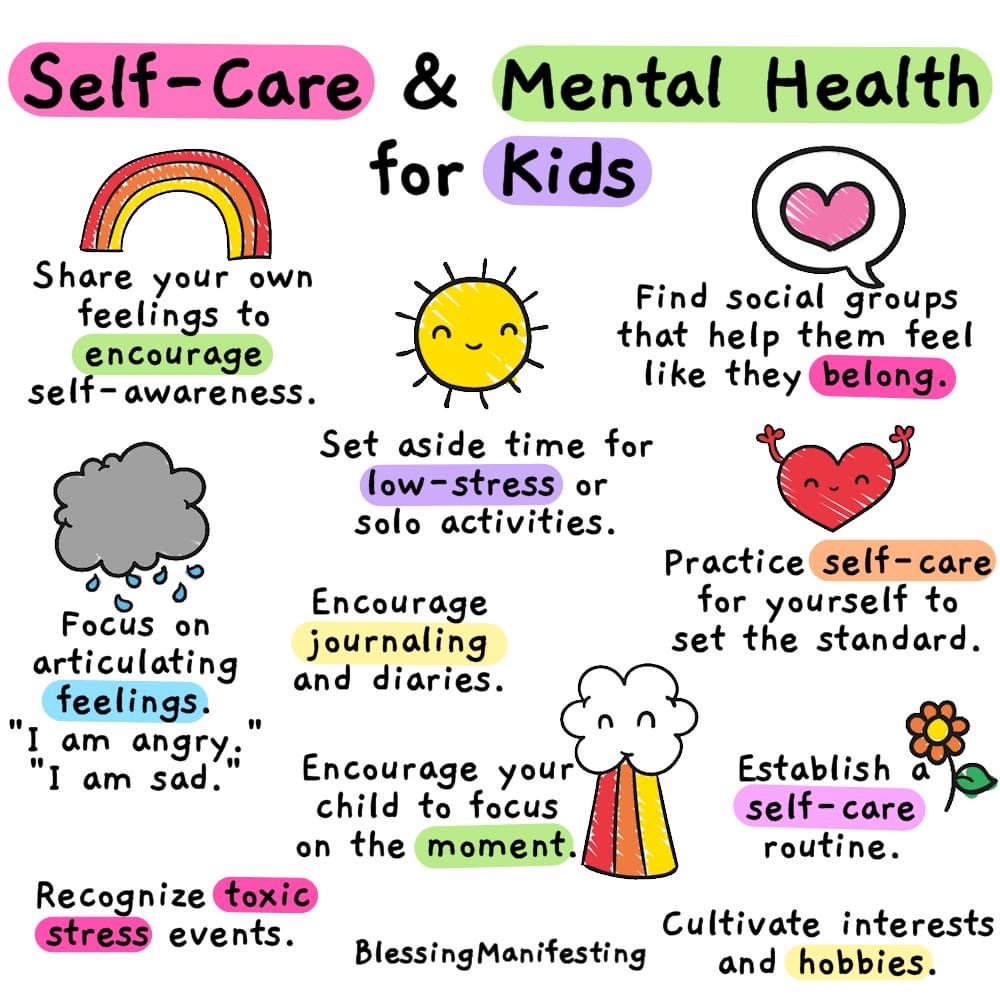
At Bredenbury, we believe in promoting positive mental health and emotional wellbeing.
This page will be used to supply information and resources via the files below.
Relaxing Music Morning Relaxing Music - Positive Background Music for Kids (Sway) - YouTube
Be the Pond Mindfulness Be the Pond | Cosmic Kids Zen Den - Mindfulness for kids - YouTube
Advice for Parents For families | Anna Freud
Parents looking after themselves Parents' Guide to Looking After Your Mental Health | YoungMinds
Mental Health & Emotional Wellbeing
At Bredenbury Primary School, we believe in promoting positive mental health and emotional wellbeing to ensure that the school is a community where everyone feels able to thrive. Our school ethos and values underpin everything that we do.
Who has mental health?
We all have mental health – some people call this emotional health or wellbeing.
What is mental health?
The World Health Organisation defines mental health as a state of wellbeing in which every individual achieves their potential, copes with the normal stresses of life, works productively and fruitfully, and is able to make a contribution to their community. Mental health includes our emotional, psychological and social wellbeing. It affects how we think, feel and act.
Good mental health and wellbeing is just as important as good physical health. Like physical health, mental health can range across a spectrum from healthy to unwell; it can fluctuate on a daily basis and change over time.
Most children grow up mentally healthy, but surveys suggest that more children and young people have problems with their mental health today than 30 years ago. It is thought that this is probably because of changes in the way that we live now and how that affects the experience of growing up.
The five ways to well-being are:
Connect - connect with people around you.
Be active - find an activity that you enjoy and make it a part of your life.
Keep Learning - learning new skills can give you a sense of achievement and a new confidence.
Give to others – give to those in need or even giving a smile, a thank you or a kind word.
Be mindful - be more aware of the present moment, including your thoughts and feelings, your body and the world around you.
5 Steps to Wellbeing animation
There are 5 steps we can all take to improve our mental health and wellbeing. https://youtu.be/x6bz_ekkrYA
What helps?
Things that can help keep children and young people mentally well include:
- being in good physical health, eating a balanced diet and getting regular exercise
- having time and the freedom to play, indoors and outdoors
- being part of a family that gets along well most of the time
- going to a school that looks after the wellbeing of all its pupils
- taking part in local activities for young people.
Other factors are also important, including:
- feeling loved, trusted, understood, valued and safe
- being interested in life and having opportunities to enjoy themselves
- being hopeful and optimistic
- being able to learn and having opportunities to succeed
- accepting who they are and recognising what they are good at
- having a sense of belonging in their family, school and community
- feeling they have some control over their own life
- having the strength to cope when something is wrong (resilience) and the ability to solve problems.
What happens in school?
In school, we teach children about what it means to have good mental health and wellbeing throughout our curriculum and daily practice.
Our PSHE curriculum focuses specifically on developing children’s social and emotional skills which can prevent poor mental health from developing and help all children cope effectively with setbacks and remain healthy. It is about helping children to understand and manage their thoughts, feelings and behaviour and build skills that help them to thrive, such as working in a team, persistence, and self-awareness.
What if my child is experiencing difficulties with their mental health and wellbeing?
Mental health doesn’t mean being happy all the time and neither does it mean avoiding stresses altogether. One of the most important ways to help your child is to listen to them and take their feelings seriously.
In many instances, children and young people’s negative feelings and worries usually pass with the support of their parents and families. It is helpful for the school to know what they are going through at these times, so that staff can be aware of the need and support this.
Coping and adjusting to setbacks are critical life skills for children, just as they are for adults, but it is important that they develop positive, rather than negative, coping skills.
If you are ever worried about your child’s mental health and wellbeing then, just as you would about any concerns that you have about their learning, come and talk to us. Sometimes children will need additional support for a short period – this may be in the form of a daily check-in with a trusted adult, time to talk through what they are feeling and support in developing ways of moving forwards with this.
If your child is distressed for a long time, if their negative feelings are stopping them from getting on with their lives, if their distress is disrupting family life or if they are repeatedly behaving in ways you would not expect at their age, then please speak to your child's teacher.
Looking after yourself
If things are getting you down, it’s important to recognise this. Talk to someone you trust and see what they think. It is easy to go on struggling with very difficult situations because you feel that you should be able to cope and don’t deserve any help.
Come and talk to us, in confidence and let us know when things are tough. As much as you try to hide how you are feeling from your child, they will notice even the smallest changes.
Go to your GP if things are really getting on top of you. Asking for some support from your doctor or a referral to a counselling service is a sign of strength. You can’t help your child if you are not being supported yourself.
Mental Health
MindEd
MindEd is suitable for all adults working with, or caring for, infants, children or teenagers; all the information provided is quality assured by experts, useful, and easy to understand. They give adults who care for, or work with, young people:
- the knowledge to support their wellbeing
- the understanding to identify a child at risk of a mental health condition
- the confidence to act on their concern and, if needed, signpost to services that can help.
Follow the link below for more information.

